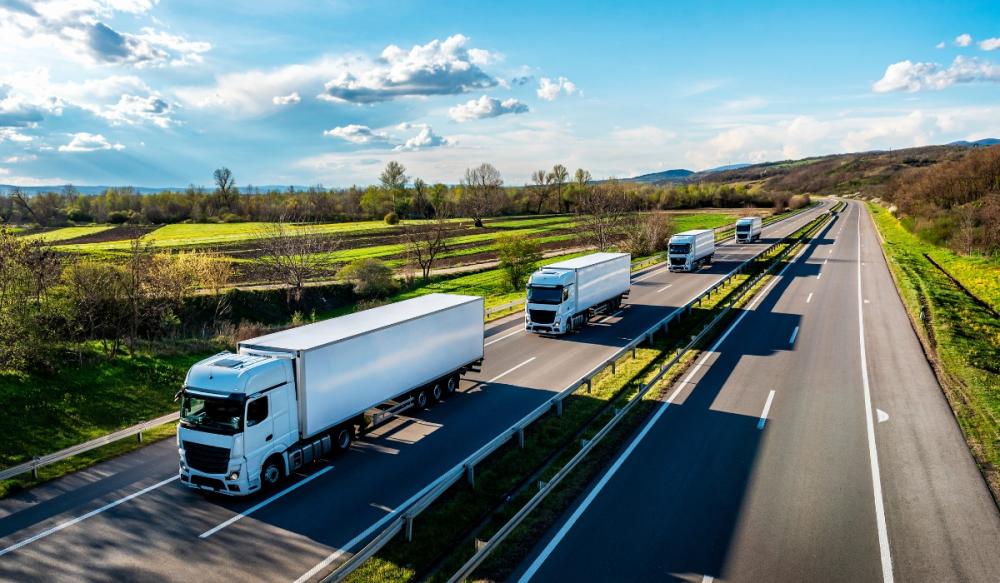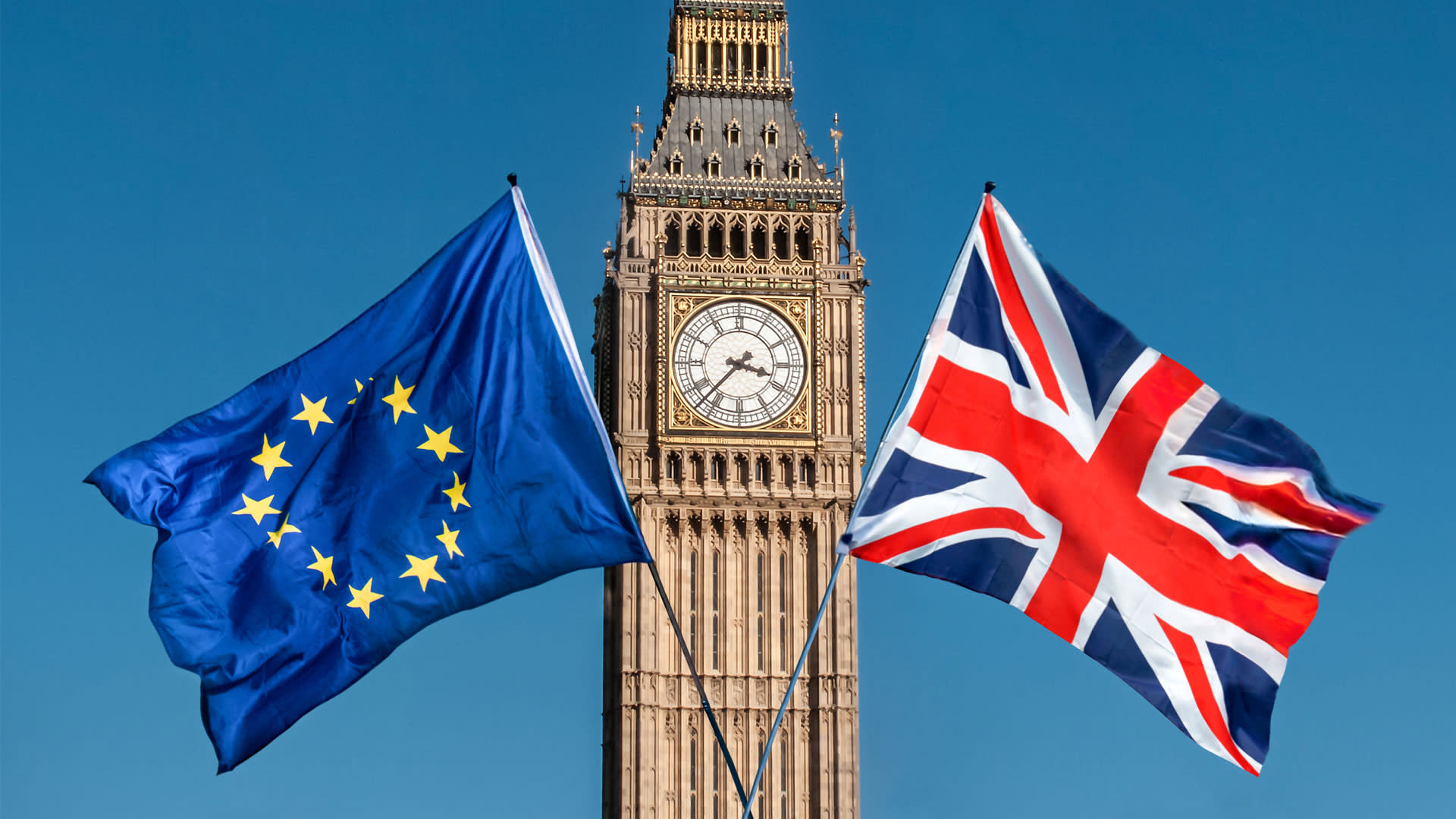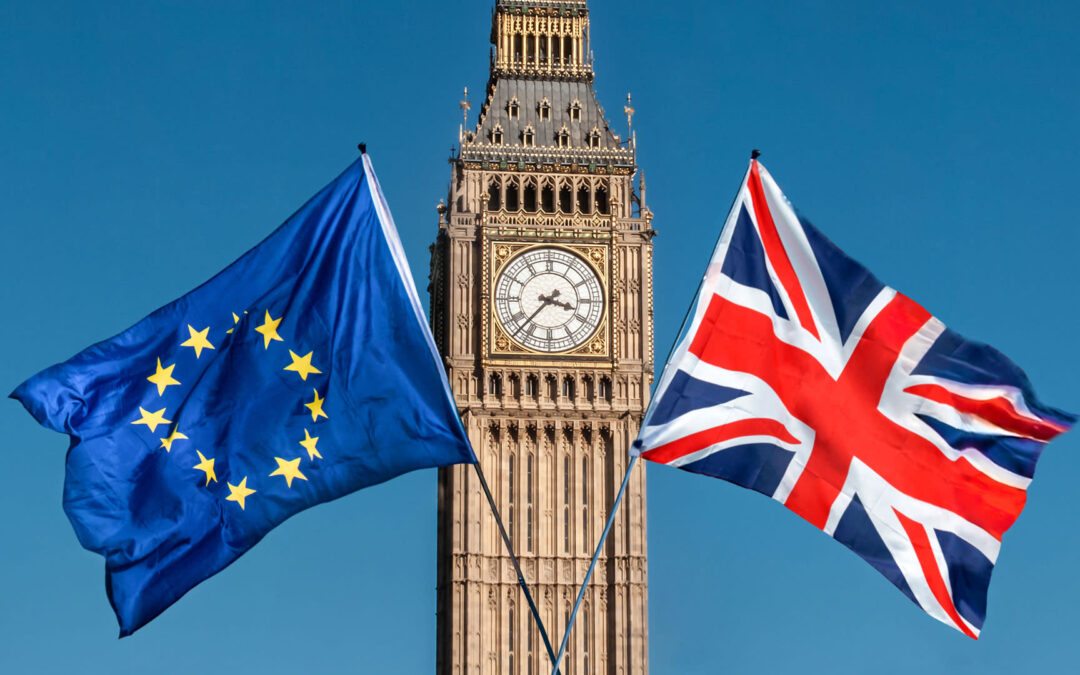Appointing a Responsible Person (RP) based in the EU is a mandatory requirement for non-EU businesses exporting products subject to the General Product Safety Regulation (GPSR), which comes into effect on 13 December 2024. Food products continue to be governed by the General Food Law but aligned products such as packaging will need to be GPSR compliant. The RP serves as your legal representative, ensuring compliance with the regulation and liaising with EU authorities.
To streamline compliance, exporters should note that the same Responsible Person handling their obligations under the General Food Law can often also act as their RP for GPSR purposes.

What Does a Responsible Person Do
The RP serves as your official representative in the EU, acting as a liaison with regulatory authorities. British exporters need a Responsible Person who can maintain product documentation, verify compliance with safety standards and respond to incidents such as recalls or safety inquiries.
Why Appoint a Responsible Person
For businesses exporting to the EU, appointing an EU-based Responsible Person is a legal requirement and ensures the smooth flow of goods and reduces the risk of regulatory delays or penalties. By consolidating responsibilities under one RP, exporters can simplify processes, save costs, and ensure that all aspects of their operation meet EU requirements.
How Do I Appoint a Responsible Person
To appoint a Responsible Person, food exporters can start by evaluating whether their current RP under the General Food Law has the expertise to take on GPSR responsibilities. Many existing RPs have the necessary infrastructure and relationships with EU regulators to handle this dual role effectively.
If this isn’t feasible, exporters can turn to third-party service providers specializing in regulatory compliance, such as legal representatives, regulatory compliance consultants, or EU-based importers with regulatory expertise.
Exporters need to ensure (1) the RP has a physical presence within the EU and (2) a deep understanding of GPSR requirements. Both are crucial for meeting regulatory expectations.

General Food Law and GPSR Overlap of Responsibilities
General Food Law RP
- Responsible for ensuring food products comply with EU food safety standards.
- May already have established relationships with EU authorities and maintain technical documentation related to food safety.
GPSR RP
- Ensures non-food products (e.g., packaging, bundled items) comply with GPSR requirements.
- Liaises with market surveillance authorities for non-food product safety, manages recalls, and verifies compliance documentation.
If your food products include elements regulated under the GPSR (e.g., glass jars, lids, or associated packaging), your General Food Law RP may already possess the infrastructure and expertise to take on the additional responsibilities.
Considerations Before Appointing a Dual-Role RP
Scope of Expertise: ensure your current RP is knowledgeable about GPSR requirements, which may involve safety assessments, risk management, and product traceability for non-food items.
Contractual Agreements: update your agreement to explicitly include GPSR responsibilities. This may involve extra fees or extended liability for the RP.
Legal Compliance: check if the same entity is allowed to act as the RP for multiple regulatory frameworks in the specific EU country of operation. Some EU Member States may have distinct rules or expectations for different regulatory domains.
Capacity: confirm whether your RP can handle the additional workload, especially if your products have complex safety or documentation requirements.

Cost and Contracts
Cost-efficiency is often a primary concern for exporters. Annual fees for Responsible Person services can range from €2,000 to €10,000, depending on the complexity and volume of your business and some RPs require additional insurance to cover potential risks.
Combining the roles of RP under the General Food Law and GPSR can significantly reduce expenses compared to appointing separate representatives. It also offers a centralized point of contact for compliance matters, streamlining communication and documentation.
However, exporters should review their contractual agreements to ensure all responsibilities are clearly outlined and any additional costs for the expanded role are addressed. When formalising the relationship in a contract it is important to outline their responsibilities:
- Keeping compliance records for the required period of time.
- Assisting with risk assessments and incident reporting.
- Acting as a liaison for customs and market surveillance authorities.

In Conclusion
By carefully selecting a knowledgeable and reliable RP, exporters can secure smooth access to the EU market while minimising the risk of non-compliance penalties and unnecessary delays. Leveraging existing relationships or engaging trusted compliance partners is the most practical and cost-effective way to meet GPSR obligations, allowing businesses to focus on their core operations while remaining fully compliant with EU regulations.
More From the GPSR Toolkit
GPSR & Exporting Agri-Food Products
GPSR: Implications for Online Food Retail
GPSR Compliance: Impacts on Logistics and Agri-Food Exports
Official Guidance from the EU
The official source for information on the EU General Product Safety Regulation (GPSR) is the European Commission’s website. Read the full GPSR document here for comprehensive guidelines on the new safety requirements, compliance measures, and how businesses can adapt their practices to align with the updated regulations.

